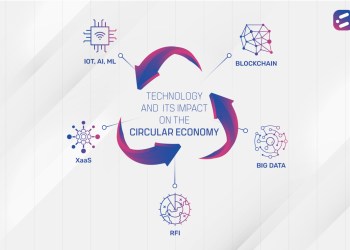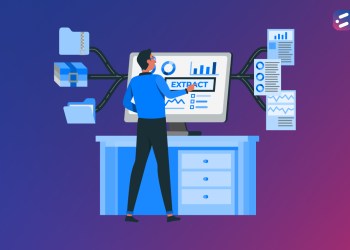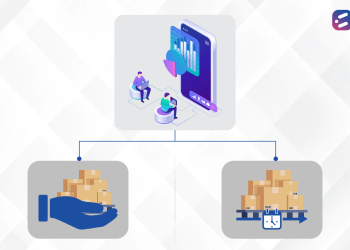We live in a data-driven world. Whether you walk into a store or do some online reference, you are knowingly or unknowingly sharing some data about yourself. This data is valuable, and it is collected by organizations for a number of reasons – for understanding the preferences of their audiences, to show the right ads to the right people, to improve the overall user experience in an app or a website, and so on.
But there’s more. These large volumes of data – or big data – power artificial intelligence, act as learning material in machine learning, and help organizations make informed decisions that will impact the future of their business.
The limitations of siloed data
Traditionally, data that was collected in various formats and from different sources would reside separately – in silos across the organization. However, this data management approach was time-consuming, complicated, and expensive when it came to carrying out big data analytics. Comparing different data and finding correlations between them when all of them are located in disparate locations was also virtually impossible.
From this challenge arose the need for a single repository of big data, resulting in the birth of a new concept – the data lake.
What is a data lake?
Simply put, a data lake is a data storage repository. In the same way that a lake fills up by taking in water from different rivers and streams, a data lake collects data streams from various sources. Unlike data warehouses – which are hierarchical in nature, have preset formats for data, and store data in organized files and folders – data lakes accept and support all data types.
In other words, a data lake retains all of the data it collects in its original format, without a structure or hierarchy. There is no processing, analysis, or categorizing of data in the data lake – just raw data waiting to be retrieved and used in whatever way necessary. The data in a data lake could be as varied as spreadsheets, text documents, emails, videos, IoT data, sensor data, and so on. Data lakes are used by business analysts, data analysts, data architects, data scientists, and app developers.
The primary function of a data lake is to provide a suitable environment where data can be ingested, stored, processed, and consumed. Although the concept in which they operate is fairly simple, data lakes are high-end, hybrid data management solutions and leverage technologies like Hadoop. Today, they are rapidly becoming an integral part of the data management strategies of many organizations.
If you haven’t already, here are six reasons to consider a data lake for your organization:
Real-time analytics
A data lake facilitates the analysis of data as and when it comes in, directly, and through simplified dashboards and visualizations. It also makes big data processing, machine learning, and better decision making possible – in real-time.
Exceptional scalability
The highly scalable data lake environment supports the input of large volumes of data simultaneously and from a wide range of sources.
All-round visibility
By breaking down silos, a data lake provides all authorized members in an organization with a 360-degree view of all data – irrespective of which department, office, or region they belong to.
Enhanced customer service
With a data lake, you can easily combine data from your CRM platform and marketing platform to understand your customers and serve them better with personalized interactions.
Empowered R&D teams
Research and development teams can use the wealth of internal data to augment their studies, back up their hypotheses, and carry out a number of assessments – with instant results.
Better modernization capabilities
A data lake makes it possible for an organization to adopt modern technologies like artificial intelligence (AI), machine learning (ML) and the Internet of Things (IoT) which, in turn, pave the way for innovation suited for the modern customer.
An optimized data lake makes it easy to develop big data programs, integrates seamlessly with all kinds of data streams, is cost-effective, and comes with adequate security and continued support. At CloudNow, our expertise and trusted partnerships with all major cloud and data lake service providers will help you find the solution that is best suited for your business. Get in touch with us today!













